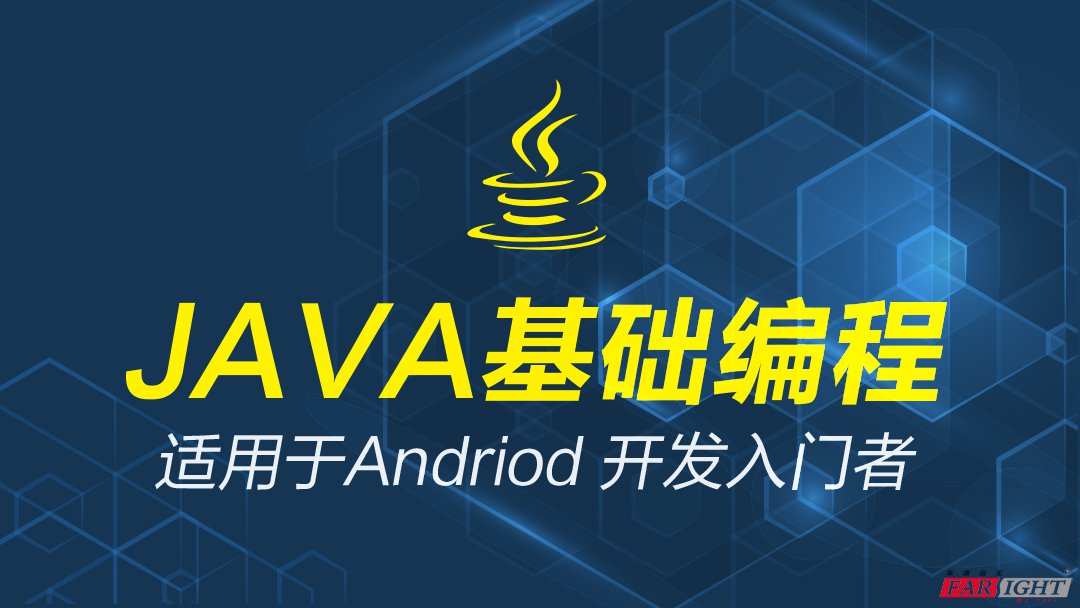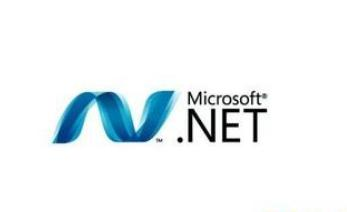Recommended articles about heaps and stacks
Java's heap is a runtime data area, from which class (objects allocate space. These objects are created through instructions such as new, newaray, anewarray and multianewarray. They do not require program code to be explicitly released. The heap is composed of garbage The advantage of the heap is that it can dynamically allocate memory size, and the lifetime does not need to be told to the compiler in advance, because it dynamically allocates memory at runtime, and Java's garbage collector will automatically collect these no longer used Data. But the disadvantage is that the access speed is slower due to the dynamic allocation of memory at runtime. The advantage of the stack is that the access speed is faster than the heap, and the stack data can be shared. The disadvantage is that the stack data can be shared. The data size and lifetime must be determined and there is no flexibility. The stack mainly stores some basic types of variables (int, short, long, byte, float, double, boolean, char) and object handles. A very important special feature is that the data stored in the stack can be shared. Suppose we define at the same time: int a =&nbs

##Introduction: Java's heap is a runtime data area, and the class (object from Allocate space. These objects are created through instructions such as new, newaray, anewarray, and multianewarray. They do not require program code to be explicitly released. The heap is responsible for garbage collection. The advantage of the heap is that it can dynamically allocate memory size and lifetime. There is no need to tell the compiler in advance, because it dynamically allocates memory at runtime, and Java's garbage collector will automatically collect these no longer used data. However, the disadvantage is that since memory must be dynamically allocated at runtime, access
2. Six important concepts in .NET: stack, heap, value type, reference type, boxing and unboxing

##3.
PHP Learning (11)--Arrays and Data Structures PHP Learning Video PHP Learning Materials PHP Learning TutorialIntroduction: PHP learning, data structure: PHP learning (11)--Arrays and data structures: Arrays and data structures in PHP Arrays are one of the most important data types in the PHP language First, it is widely used in PHP. Because PHP is a programming language with weak data types, array variables in PHP can store any number of data of any type, and can realize the functions of data structures such as heaps, stacks, and queues in other strong data types. The purpose of using an array is to organize multiple interrelated data together to form a set and use it as a unit to achieve the purpose of batch data processing. Classification of Arrays The essence of an array is to store, manage and operate a set of variables. Arrays are also
4.
Detailed explanation of commonly used classic algorithm examples in javascript_javascript skillsIntroduction: This article mainly introduces Commonly used algorithms in JavaScript, combined with detailed analysis in the form of examples, summarizes various common sorting algorithms in JavaScript and related implementation and usage skills of data structures such as heaps, stacks, and linked lists. Friends in need can refer to the following
[Related Q&A recommendations]:
Front-end - Can javascript do memory analysis like java?
The above is the detailed content of Recommended articles about heaps and stacks. For more information, please follow other related articles on the PHP Chinese website!

Hot AI Tools

Undresser.AI Undress
AI-powered app for creating realistic nude photos

AI Clothes Remover
Online AI tool for removing clothes from photos.

Undress AI Tool
Undress images for free

Clothoff.io
AI clothes remover

AI Hentai Generator
Generate AI Hentai for free.

Hot Article

Hot Tools

Notepad++7.3.1
Easy-to-use and free code editor

SublimeText3 Chinese version
Chinese version, very easy to use

Zend Studio 13.0.1
Powerful PHP integrated development environment

Dreamweaver CS6
Visual web development tools

SublimeText3 Mac version
God-level code editing software (SublimeText3)

Hot Topics
 Top 4 JavaScript Frameworks in 2025: React, Angular, Vue, Svelte
Mar 07, 2025 pm 06:09 PM
Top 4 JavaScript Frameworks in 2025: React, Angular, Vue, Svelte
Mar 07, 2025 pm 06:09 PM
This article analyzes the top four JavaScript frameworks (React, Angular, Vue, Svelte) in 2025, comparing their performance, scalability, and future prospects. While all remain dominant due to strong communities and ecosystems, their relative popul
 Spring Boot SnakeYAML 2.0 CVE-2022-1471 Issue Fixed
Mar 07, 2025 pm 05:52 PM
Spring Boot SnakeYAML 2.0 CVE-2022-1471 Issue Fixed
Mar 07, 2025 pm 05:52 PM
This article addresses the CVE-2022-1471 vulnerability in SnakeYAML, a critical flaw allowing remote code execution. It details how upgrading Spring Boot applications to SnakeYAML 1.33 or later mitigates this risk, emphasizing that dependency updat
 How does Java's classloading mechanism work, including different classloaders and their delegation models?
Mar 17, 2025 pm 05:35 PM
How does Java's classloading mechanism work, including different classloaders and their delegation models?
Mar 17, 2025 pm 05:35 PM
Java's classloading involves loading, linking, and initializing classes using a hierarchical system with Bootstrap, Extension, and Application classloaders. The parent delegation model ensures core classes are loaded first, affecting custom class loa
 How do I implement multi-level caching in Java applications using libraries like Caffeine or Guava Cache?
Mar 17, 2025 pm 05:44 PM
How do I implement multi-level caching in Java applications using libraries like Caffeine or Guava Cache?
Mar 17, 2025 pm 05:44 PM
The article discusses implementing multi-level caching in Java using Caffeine and Guava Cache to enhance application performance. It covers setup, integration, and performance benefits, along with configuration and eviction policy management best pra
 Node.js 20: Key Performance Boosts and New Features
Mar 07, 2025 pm 06:12 PM
Node.js 20: Key Performance Boosts and New Features
Mar 07, 2025 pm 06:12 PM
Node.js 20 significantly enhances performance via V8 engine improvements, notably faster garbage collection and I/O. New features include better WebAssembly support and refined debugging tools, boosting developer productivity and application speed.
 How to Share Data Between Steps in Cucumber
Mar 07, 2025 pm 05:55 PM
How to Share Data Between Steps in Cucumber
Mar 07, 2025 pm 05:55 PM
This article explores methods for sharing data between Cucumber steps, comparing scenario context, global variables, argument passing, and data structures. It emphasizes best practices for maintainability, including concise context use, descriptive
 Iceberg: The Future of Data Lake Tables
Mar 07, 2025 pm 06:31 PM
Iceberg: The Future of Data Lake Tables
Mar 07, 2025 pm 06:31 PM
Iceberg, an open table format for large analytical datasets, improves data lake performance and scalability. It addresses limitations of Parquet/ORC through internal metadata management, enabling efficient schema evolution, time travel, concurrent w
 How can I implement functional programming techniques in Java?
Mar 11, 2025 pm 05:51 PM
How can I implement functional programming techniques in Java?
Mar 11, 2025 pm 05:51 PM
This article explores integrating functional programming into Java using lambda expressions, Streams API, method references, and Optional. It highlights benefits like improved code readability and maintainability through conciseness and immutability






